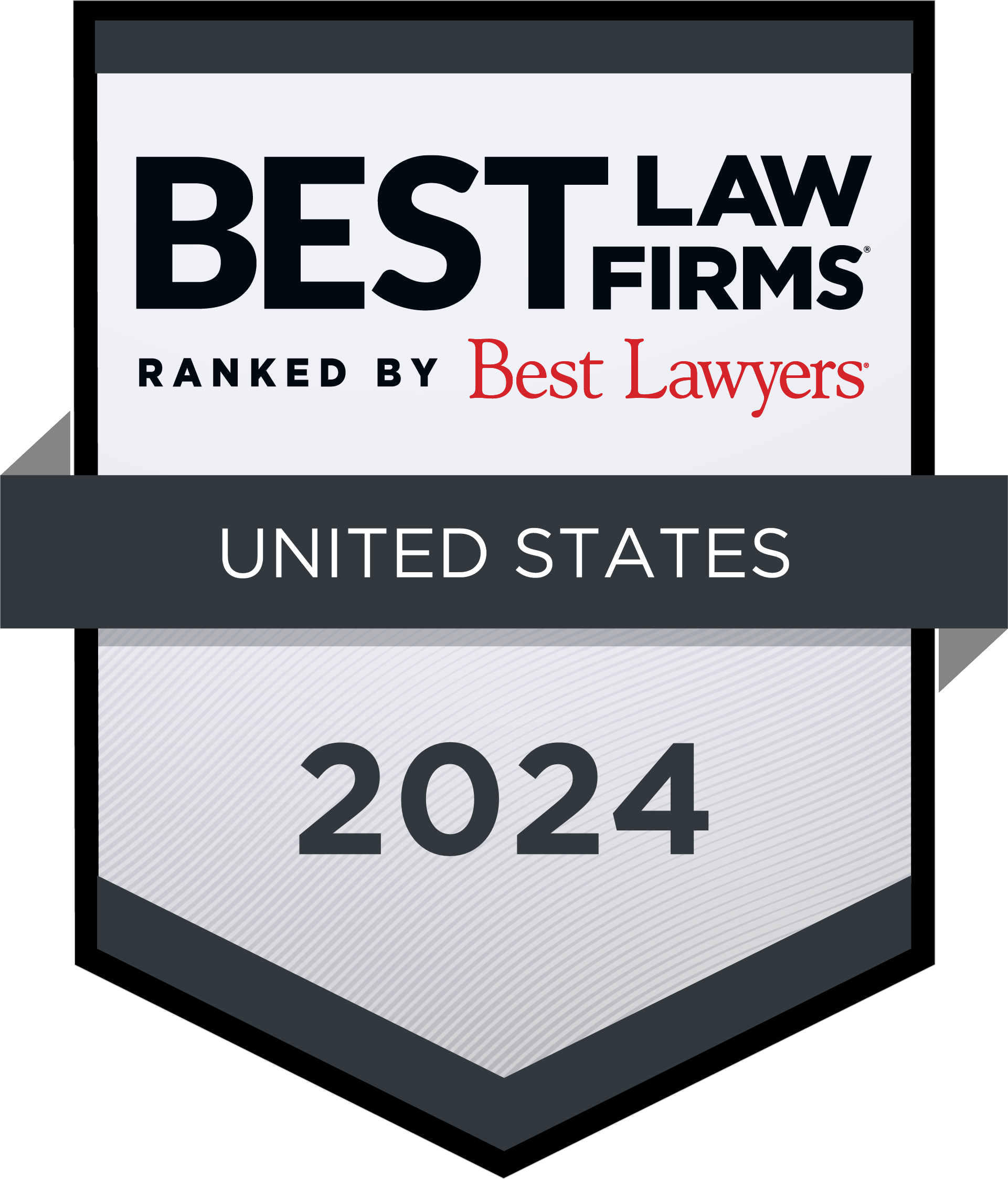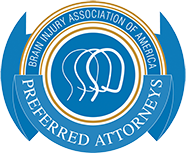Defective Tires
Few things are more devastating on the highways of Virginia or elsewhere than a tire blow out. When a tire fails at a high speed, your vehicle may veer off the road, cross lanes, swerve or hit another vehicle. Tire failures frequently cause deaths and serious injuries. On occasions, a tire manufacturer or another party may be to blame for a defective tire that causes injuries and deaths.
Our Virginia defective tire lawyers know how devastating cases of this nature can be. The auto and tire manufacturing industry has a long history of making poor tires that can separate or blow out. A flawed recall system means you may not be aware you are driving on dangerous tires.
What Are the Main Types of Tire Defects?
Your car tires may fail in a number of ways. It’s important to check tires regularly and keep them inflated. The main types of tire defects are as follows:
- Tread separation
- Tire blowouts
- Sudden tire failure
- Tire or rim explosions
How many People Are Killed and Injured by Tire Failures?
Tire blowouts, flat tires, and other failures cause over 78,000 accidents, 10,000 serious injuries, and more than 410 deaths a year, according to a National Highway Traffic Safety Administration report. In 2016, tire failures were linked to 733 fatalities on the roads of America.
Who Can Be Held Liable for Accidents Involving Defective Tires?
Car owners have a duty to check on their tires as do workshops that perform state inspections. In some high-profile cases, tire manufacturers have been held liable for deaths and injuries following product liability lawsuits.
Parties held to be at-fault for tire failures that cause injury or deadly accidents include:
The Driver
Many drivers fail to inspect, maintain and rotate their tires. Often tires rot or become under-inflated. Most tires have labeling that indicates how many miles they can be safely driven on. Often drivers ignore the labeling.
A Trucking or Bus Company
A trucking company or a freight or bus operator is responsible for making sure its fleet is properly maintained. Both trucking operators and bus companies are responsible for the maintenance of their fleets and should have rigorous systems in place to check and maintain tires.
A Tire Manufacturer
On occasions, tires have been shown to be defective when they were manufactured. A design may be flawed or shoddy manufacture meant the design was not adhered to. The driver of a vehicle injured by a tire blowout in Virginia or another driver or passenger who is hurt in a crash may file a product liability claim against a tire or wheel manufacturer or a carmaker.
An Auto Service and Repair Shop
On occasions, repair shops fit tires incorrectly or fail to notice a defect during a service or an inspection. The auto shop can be sued for negligence in certain circumstances.
Recalls of Defective Tires After Injuries and Deaths
The automobile industry has been hit by many mass recalls linked to injuries in recent years. Some of these involved defective tires.
The Ford/Firestone recall of 6.5 million SUV tires in 2000 was one of the most deadly episodes on the roads of America. More than 100 deaths were linked to tread separation on Firestone tires fitted on the Ford Explorer SUV.
Most of the major tire manufacturers in the United States have experienced tread separation issues at some time. The problems were linked to poor design and manufacture practices.
In 2018, the NHTSA said it received allegations that defective Goodyear motor-home tires caused accidents that killed or injured 95 people over the past two decades.
The NHTSA began investigating whether the company’s G159 tires were unsafe in 2017 after a judge ordered the release of Goodyear data that was previously sealed under court orders and settlement agreements.
Hire an Experienced Virginia Defective Tire Lawyer
The manufacturers of tires on cars, trucks, buses and motorcycles have a legal responsibility to make and market products that are safe and to warn motorists of known defects.
We know from recent recalls that tire manufactures seldom want to reveal defects and dangers that inherent in their products. Unfortunately, many defective tires that are subject to a recall remain on the road because the motorists never received notification of a recall.
When tires fail due to a design or manufacturing defect, injuries are often severe. Drivers, passengers or other motorists can pay the price with their lives. The manufacturers should be held accountable for the harm caused.





At the Smith Law Center, our experienced trial injury lawyers will leave no stone unturned in the search for the truth. We have won over a billion dollars in verdicts and settlements and have helped accident victims since the 1940s. Please contact us today at (757) 244-7000.






